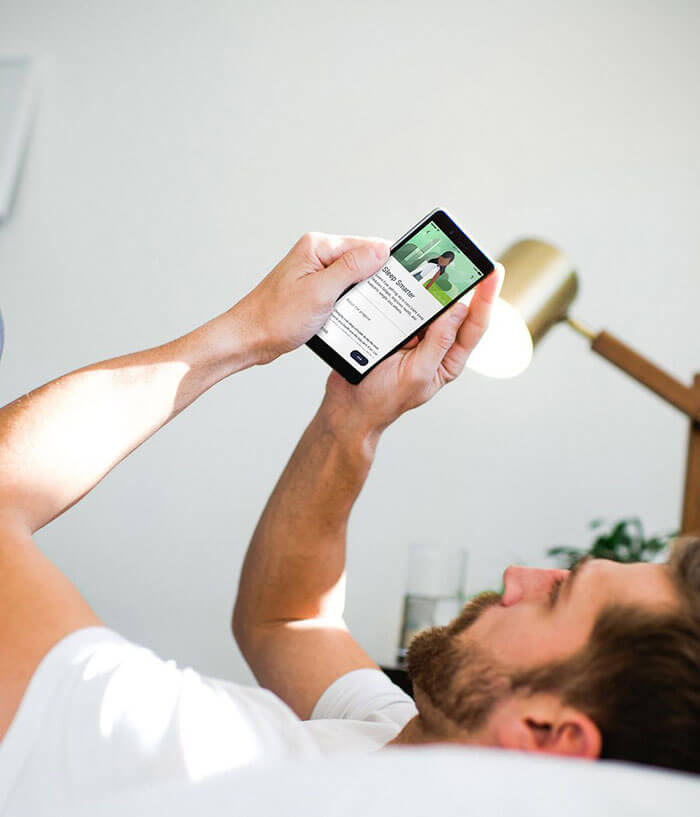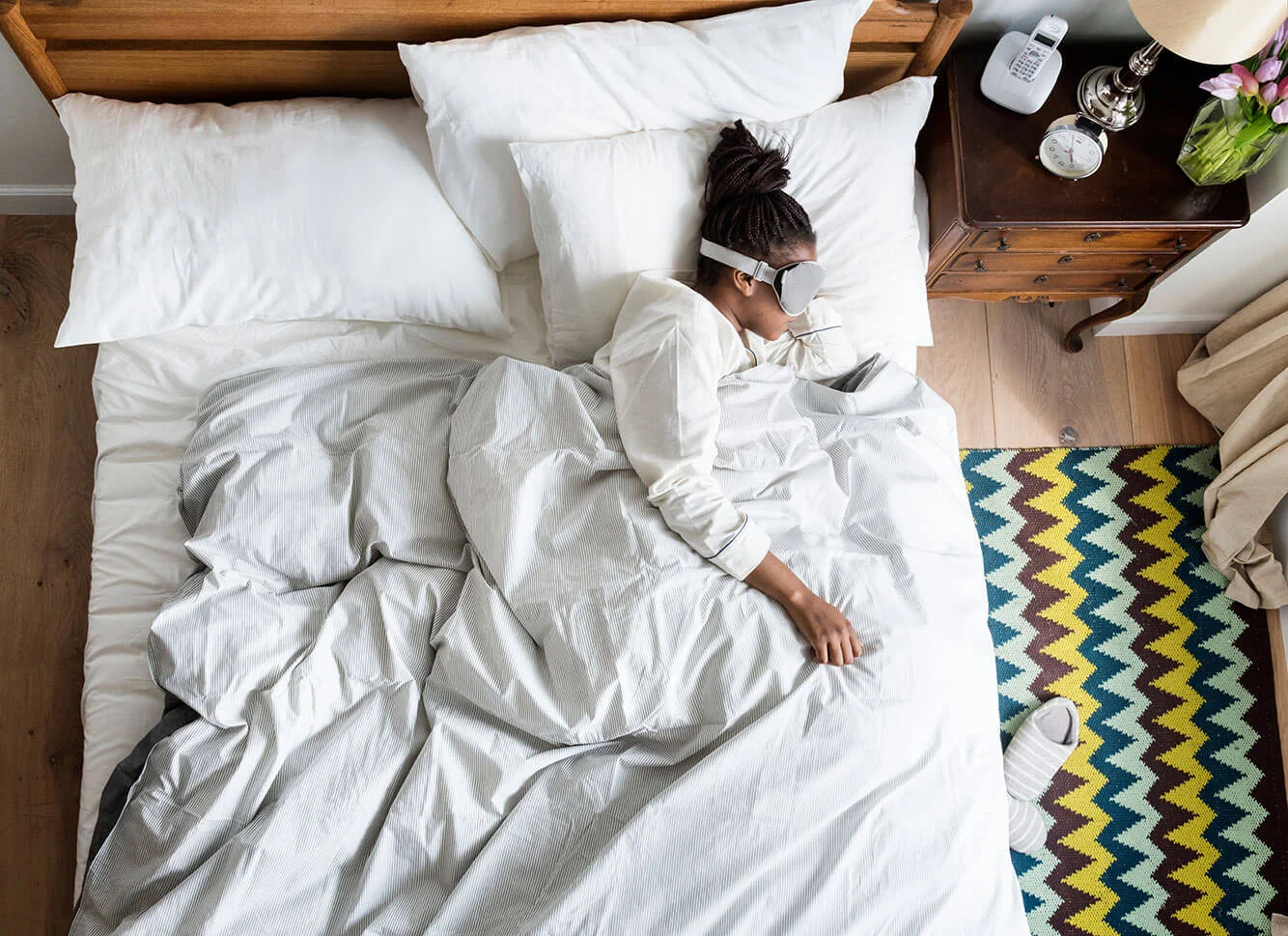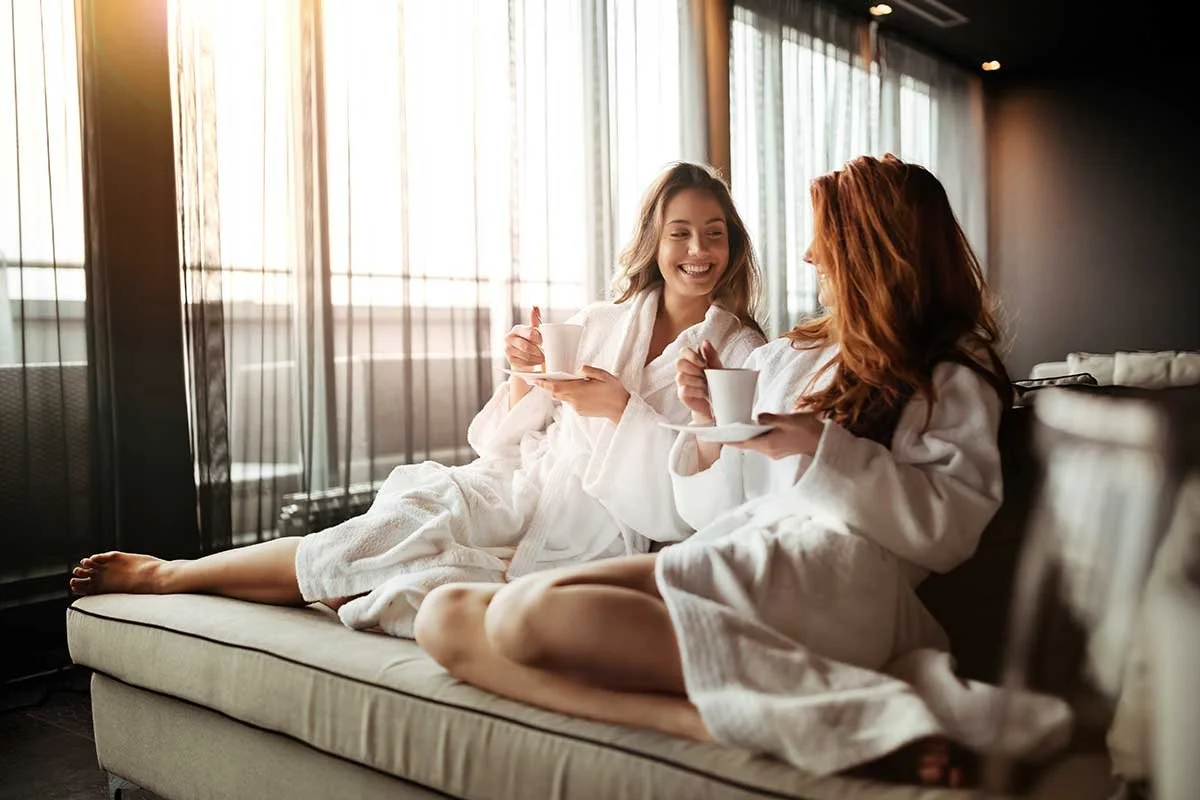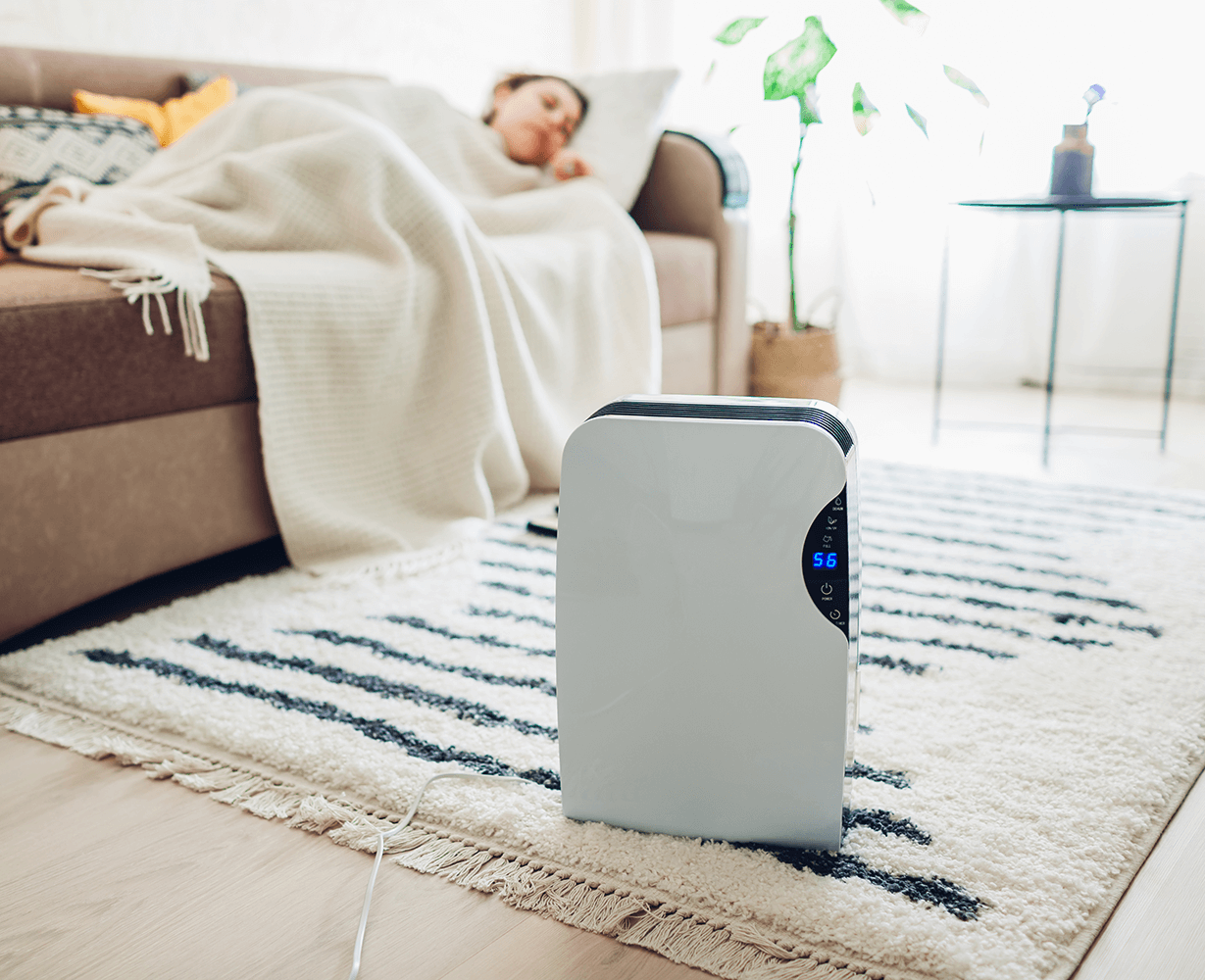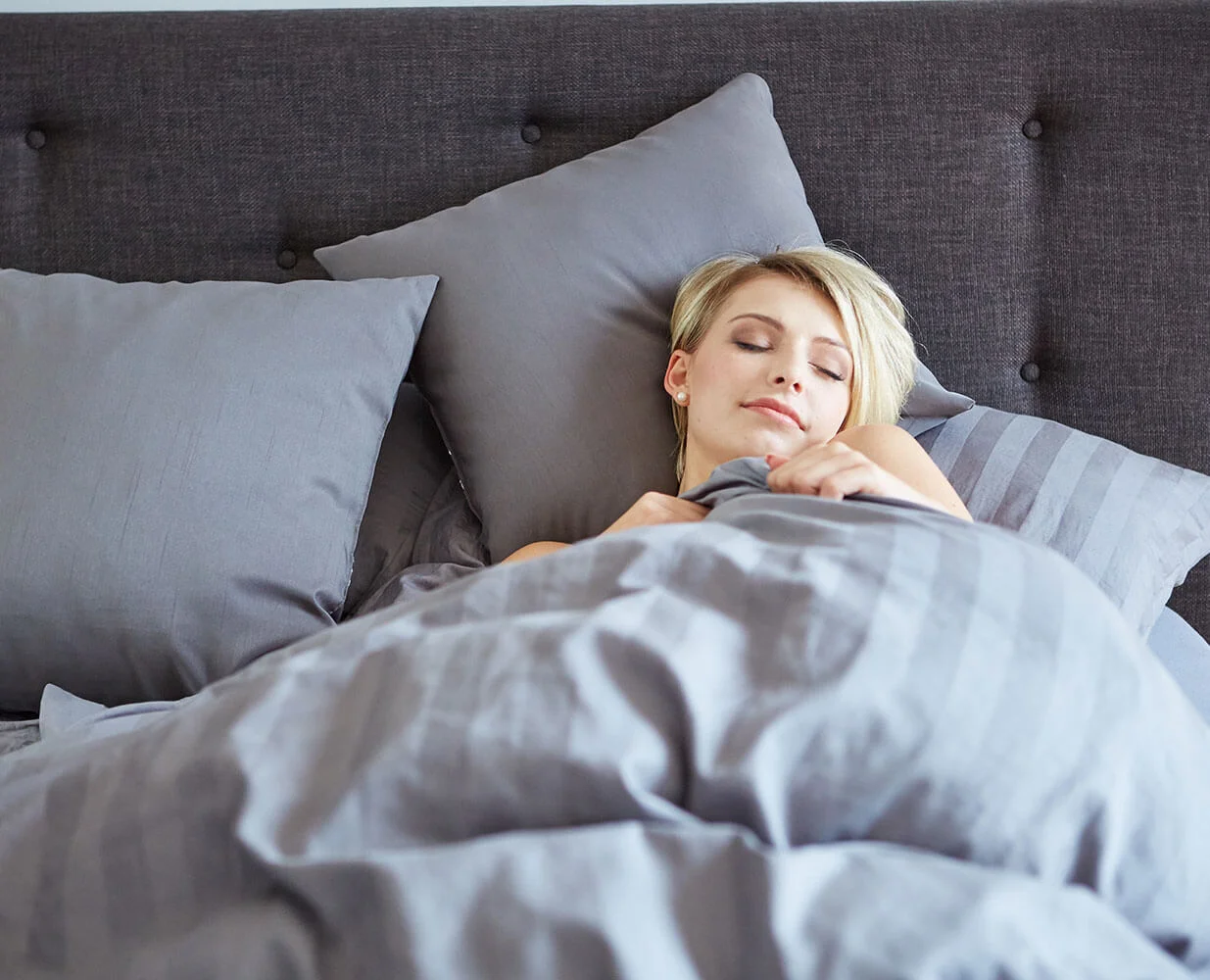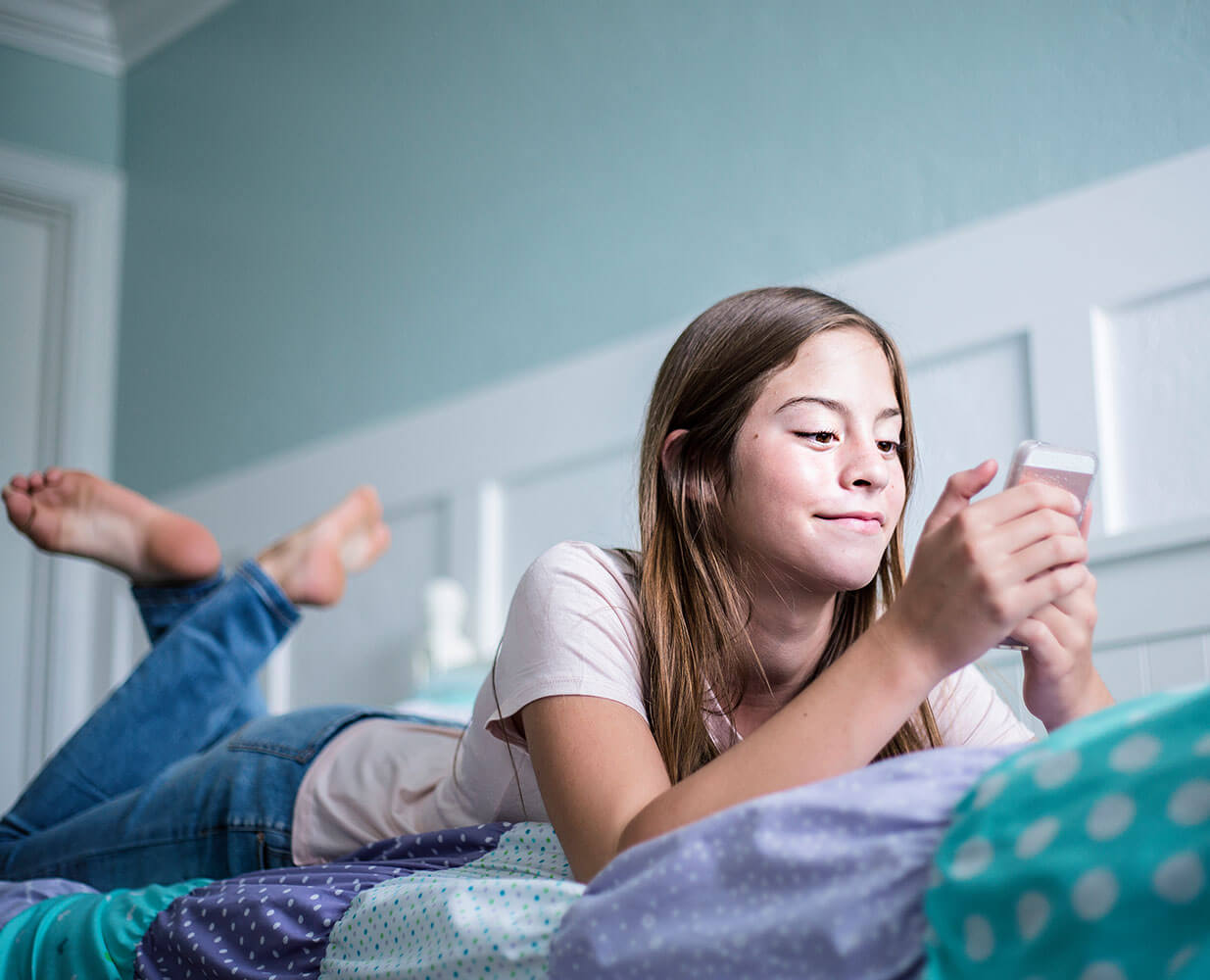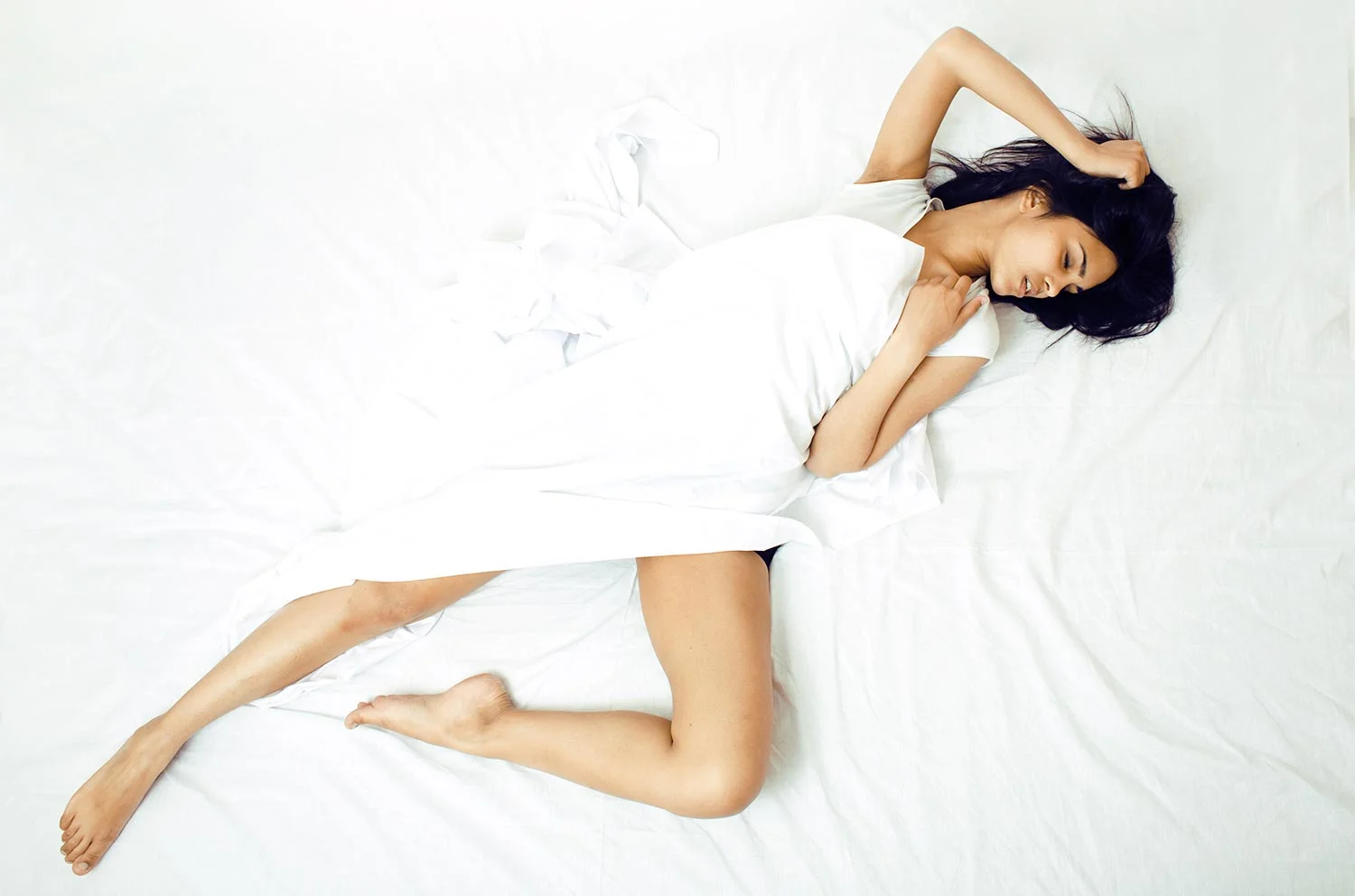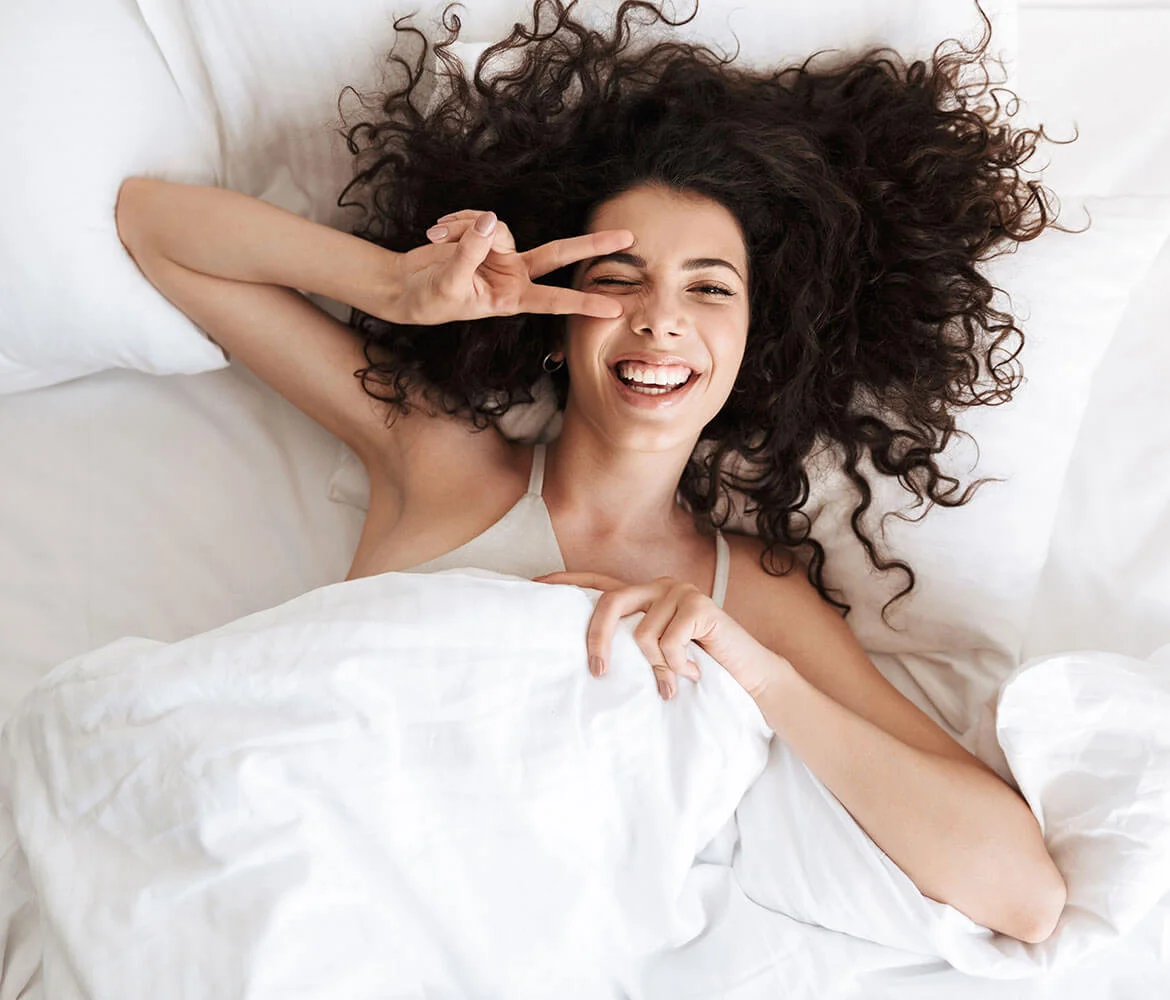Trouble Falling or Staying Asleep Can Be Related To Smartphones
There is no denying that most people today find themselves glued to their phones and smartphones. After all, these handheld devices can help you stay connection to friends, the internet and the world around you at every waking moment. However, while you may feel as though you need your smartphone to function during the day, what you may not realize is that your smartphone is preventing you from sleeping at night. In fact, research shows that smartphones can have a direct effect on sleep.
If you are having trouble falling asleep, staying asleep or find it is very difficult to get up in the morning, you may have a sleep issue, and one of the easiest and most effective ways to treat that sleep issue may lie in your smart phone. Take a look at some more information regarding smartphones, blue light and what it can do to your sleep.
Do You Sleep With Your Smartphone in Bed?
Sleep With Your Smartphone in Bed
The problems associated with smart phones and sleep, all start with how much we as a people tend to spend with our phones, particularly in bed. Are you one of the many people who sleeps with their smartphone in bed? There are more people than ever than do. In fact, according to one recent study, about 71 percent of adults today sleep with their smartphone in their bed, or next to their bed. This is where the problem typically stars.
While many people use their smartphones as clocks or alarm clocks, most people keep their phones nearby so that they can access their emails, social media sites and the internet. With these phones so close, it can be more than tempting to reach for these phones in the middle of the night of spend time on your phones until the moment you fall asleep.
The temptation of using your phone alone can be enough to make it difficult to fall asleep, and finding yourself engaged in a good article, social media post or email can leave your mind occupied—making it difficult to drift off.
However, what you read on your smartphone is more than fodder that can keep your mind wandering, there is also the fact that your sleep cycles can easily get interrupted by calls, texts, emails and other messages that could interrupt your sleep. Plus, the phone itself can have other additional physical effects on your actual ability to fall asleep.
Blue Light 101
blue light sleep
The most serious impact that smartphones can have on your sleep has to do with blue light. Smartphones, like televisions and laptops emit something known as blue light.
Blue light- is a specific type of light that the brain interprets as daylight. This is that light that comes out of your technology, including phones, tablets, computers and televisions.
Here’s how blue light works:
Blue wavelength light primarily stimulates sensors in your eyes to send signals to your brain’s internal clock.
During the day, blue light, especially the light that actually comes from the sun, helps you stay alert.
Blue light therapy can help treat depression and help keep those awake who are struggling with fatigue.
Natural blue light can keep you awake, but the amount of blue light that comes from technology can give you too much blue light which is what throws off your internal clock and makes it hard to sleep.
More Information On Blue Light:
GoSleep Travel System Eye Masks
Some measures have already been taken to help reduce all of our exposure to blue light—with the introduction of products such as blue light glasses. However, the best thing that you can do when it comes to blue light and your sleep is to completely avoid the light all together.
It is important to stay on top of your blue light exposure, and how it is impacting your sleep, because poor sleep won’t just make you tired the next morning, it can have some serious health effects as well. Poor sleep is linked to heart disease, type 2 diabetes, depression and obesity.
Blue Light and Melatonin
Another important thing to keep in mind with blue light is that it actually impacts the hormone that affects circadian rhythm, known as melatonin. Typically, melatonin should be increasing when you are preparing for bedtime. When blue light impacts this hormone, it will cause the brain to feel stimulated. This is fine if you are looking at your smartphone in the middle of the day—but if you are trying to look at your phone screen at night “to relax before falling asleep” it will actually do more harm than good.
The blue light will cause your brain to get confused, make it think as though the sun is out and make it difficult for you to fall asleep. You may be accidentally causing your body to deplete its production of melatonin by scrolling through your phone at night.
So, in order to make sure that your phone isn’t impacting this important hormone, a good rule of thumb is to give yourself at least 30 minutes before bed where you don’t look at any blue light at all. This is the minimum—other experts recommend all technology is turned off two hours before going to sleep—particularly with those who are struggling to fall asleep.
Apps And Your Sleep Schedule
Apps For Your Sleep Schedule
For most people, the apps on their phone take up most of their phone screen time. It is important to stay away from apps when in bed because of their blue light, but there are even more precautions you should take when it comes to phone apps and sleep.
The problem with apps is that many of these programs are now trying to solve sleeping issues (after all, there is an app for everything). It is important that you are careful with these apps.
While certain programs such as those that deliver white noise can help—you already know about blue light and what it can do for your sleeping abilities. You know that blue light from apps can really harm your ability to sleep—so make sure that you aren’t using any apps that you look at before bed, as they will do much more harm than good.
Kids, Video Games and Sleep
Video Games and Sleep
Video games are one of the most serious offenders when it comes to kids and sleep. According to recent studies, about 72 percent of kids between the ages of 6 and 17 sleep with their phones in bed with them or next to them. Their primary reason for keeping their phones nearby is video games.
While phone games can seem like a harmless way to keep kids busy during the day—they can have much more serious repercussions for kids who are trying to get to sleep. Kids this age need an average of 8-10 hours of sleep per night, and those fun video games on the phone may be emitting so much blue light that it prevents them from falls asleep all together.
Social Media and Sleep
Social Media and Sleep
It’s hard to imagine a world without social media. However, while there are a lot of ways that social media has changed our world for the better—the fact that we are so dependent on social media is actually impacting our sleep.
More people than ever are scrolling through their social media accounts, to stay on top of what their friends, family and favorite celebrities are up to right before they go to bed. In fact, studies show that right before bed is the most common time for people to spend on social media, because they feel it is the only time they have free.
There is a great deal to back these claims up as well. According to one study from the University of Pittsburgh found that young adults who spend a lot of time on social media, are more likely to suffer from sleep disturbances.
In addition to the light that is emitted from the screen, social media causes users to go to bed later and they are often so emotionally engaged they have difficulties calming their minds and getting to sleep.
Get Better Quality Sleep Each Night By Taking A Break From Your Smartphone
Unfortunately, while smartphones can be extremely helpful pieces of technology during the day—these devices aren’t as beneficial to us during the evening. More people than ever are struggling to get the restful sleep they need, and while there is no way to magically give us all the time we need to get enough rest—removing smart phones from the equation may be a great way to help make sure you are getting better quality sleep each and every night.
Shana Thompson is a full time professional writer and editor. Shana has worked extensively in the fields of content marketing, on-page and off-page SEO (guest posts, backlink acquisition), and creative writing. As an experienced pro content writer, Shana has worked on several magazines, publishing companies and marketing agencies. Many recent projects have included everything from nutrition and health services, where a lot of research and citations were needed, to writing about health, sustainable, eco-friendly products.
Follow Shana at Shana Thompson





